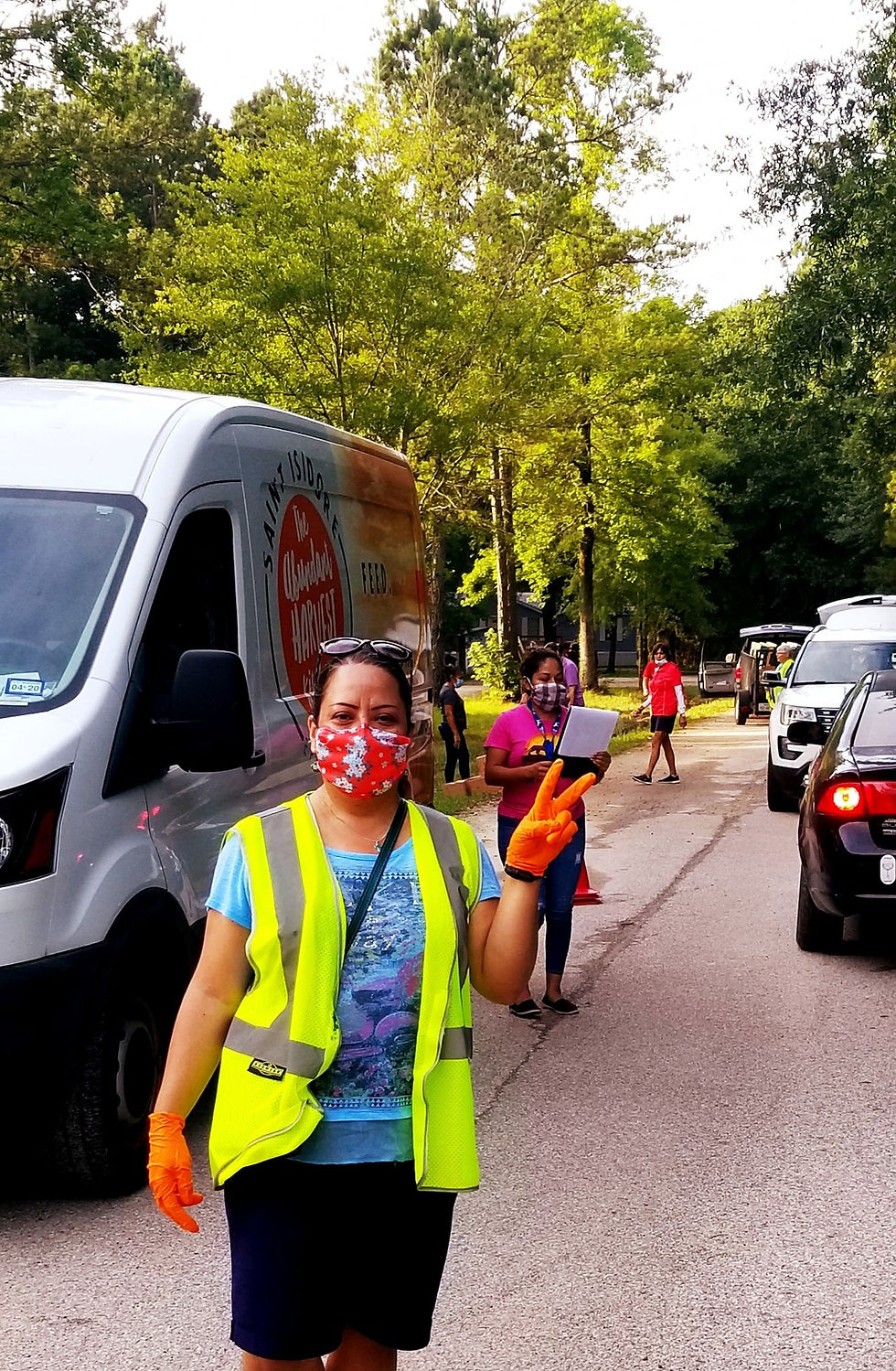Social Unrest and the Strange and Bitter Crop
- MariaBanosJordan

- Jun 7, 2020
- 3 min read
A death by a thousand cuts has been America's path for years as we've denied our memory, and the wounds left unattended. Bad policies have rotted on the books, as men and women rot in cells on the border, and in decaying cities. The religion of choice for many has become a devotion to the doctrine of disposable life. While the loudest mantra for life has targeted the womb, we've forgotten to protect the full journey of life, and we have deemed suffering, and those that suffer, some sort of burdensome waste.
American communities, loosely connected by street names, serve less and less as support systems, even though they remain filled with gifted, and giving people. The quant perception of well-defined, interdependent villages existed mostly in the black and white films that made us believe our foundation was already set. Those versions spoke little of the platting of our villages, separated by skin color, ethnicity, or means. They spoke nothing of the labor needed across generations to sustain community. Memory lane only recalls Mayberry, and not the banished towns of African American families. Common memory has few details of the taken lands of old Spanish Tejanos, nor of the conquering of vast Indigenous territories. A young nation washed away the suffering, the ugly memories that might stall its own faultless reinvention. There was no patience for reconciliation while a new country was rapidly building capital, and ascending.
Even the ancient custom of storytelling was discarded, because history is inconvenient for a modern culture of impatient, disposable life. These human conscience games can't override the memory of the universe that we are born from. It stirs in us the restlessness of unhealed wounds that remember all. The universe doesn't have words to tell the old stories, but it has a great force that makes itself known through our human suffering. Even if we are unaware of the wounds, it demands resolution as we struggle to interact and coexist. This interaction is a complex human capacity, and it requires a deep awareness of our tendencies and flaws. We are repeatedly struggling to relearn ancient lessons, and fail to see human suffering as a compass that taps our lost memory to guide us.
Generation Z march today knowing that the suffering they feel is real, and that they and others that acknowledge it, have a deep need for resolution. Gen Z has known a post Sept. 11 reality filled with war, fear, anger, division, and a cruel hardening of hearts in the nation that were once driven to pursue the American ideal. The unshakeable need for resolution wants the balance of justice to find peace. In the quiet of a pandemic Ahmaud Arbrey, Breonna Taylor, George Floyd, and precious others have been tragically called to raise the memory of all discarded men and women stripped of their sacred dignity.
The memory of human horrors is painful. Retrospection forces introspection that most of us are not willing to undertake, though it is the only path to resolution. While misguided leaders speak of dominion and force, our young seek the freedom and peace of their spirit tangled within the past. They are willing to rise by trusting their potential to create better. Their historic diverse composition creates an orchestra of voices of change. They have been pressed to find their path largely unassisted by apathetic older generations unwilling to yield the way to their diversity. They are the brightest tapestry of our American fabric.
It takes instinct and courage to recall unhealed suffering, and to not be defined by it. It takes hope to move beyond the suffering by identifying the ill-formed systems meant to overcome the human spirit. It takes tough determination over time to rebuild these systems with an inspired vision. Facing truth can be a bitter reckoning, but in the traditions of the great faiths it is a passageway to growth. Billie Holiday's sublime and aching 1939 version of Abel Meeropol's poem, "Strange Fruit", documents the lowest version of ourselves. The raw words make their way back to us to jar the memory, and provoke the urgency to move forward. "Here is a fruit for the crows to pluck, For the rain to gather, for the wind to suck, for the sun to rot, for the tree to drop. Here is a strange and bitter crop." It is time to remember the bitterness we left unhealed, and unleash the loving soul of America to find resolution.
https://youtu.be/HIycD9Y_IPM





Comments